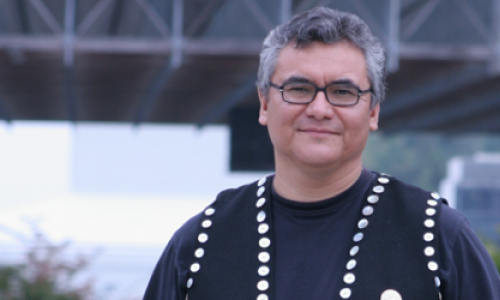
70,000 hours. To do what? Well, according to Gillian Watters, director of programs at KEYS Job Centre in Kingston, Ontario, 70,000 hours is the amount of time you will spend at your job over the course of a lifetime. While that number may seem ominous, that is how long you are going to spend for the rest of your life that will pay the bills. However, how many times have you heard of people say “do what you love, and love what you do?” Well, read on to find out how you can spend 70,000 hours doing what you love.
Everyone has a passion or dream occupation that they would love to have. For most of them, however, their career choice is based on someone else telling them that to be successful, you have to be
Dr. IQ9000, or be a wall-street business broker. That is not the case, as “no one should make their career decisions to please anyone but themselves,” according to Watters. So how does one follow their passion?
-
Research – If pan flute making is what you enjoy and love doing, then you should really come up with a plan before explaining it to your parents. That means researching the necessary schools and programs, and formulating how you are going to point A to B. This shows your parents, or whoever that may be asking, that you are committed and that you’ve done your homework.
-
Follow-Through – So your boy/girlfriend/parents are now supportive of your choice to go to motorcycle stunt-riding school, that’s great! Now you owe it to yourself to follow through. You’re an adult now, which means that only you hold yourself accountable, so making sure you attend all your classes is important! You fought this hard to get where you are!
-
Stay Motivated – It’s very easy to give up in the face of pressure of external factors, such as other people. However, this can be quite the benefit. Feeling pressure from your parents? Prove them wrong by being the best in your class. This shows that you are excelling, and that helps considering you are doing what you love to be doing.
Beyond the Blog
-
This article is based off a publication by JobPostings.ca. Read the whole story here.














